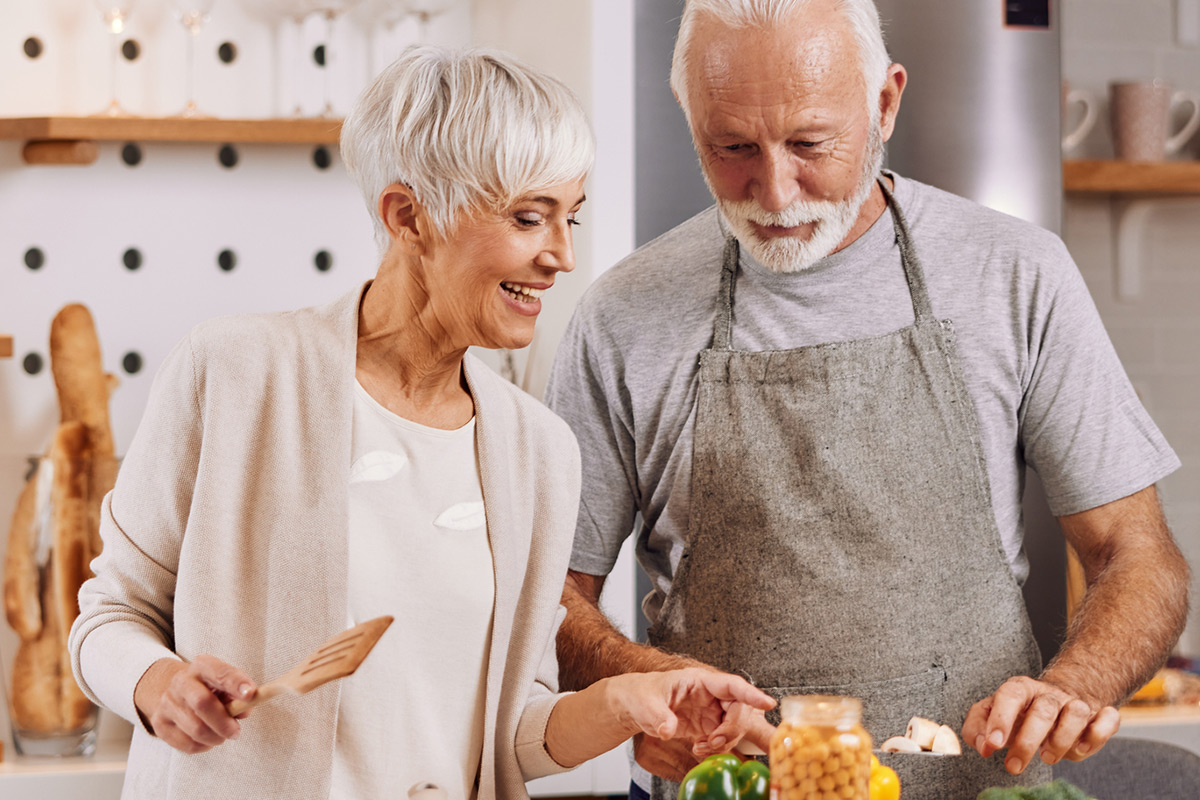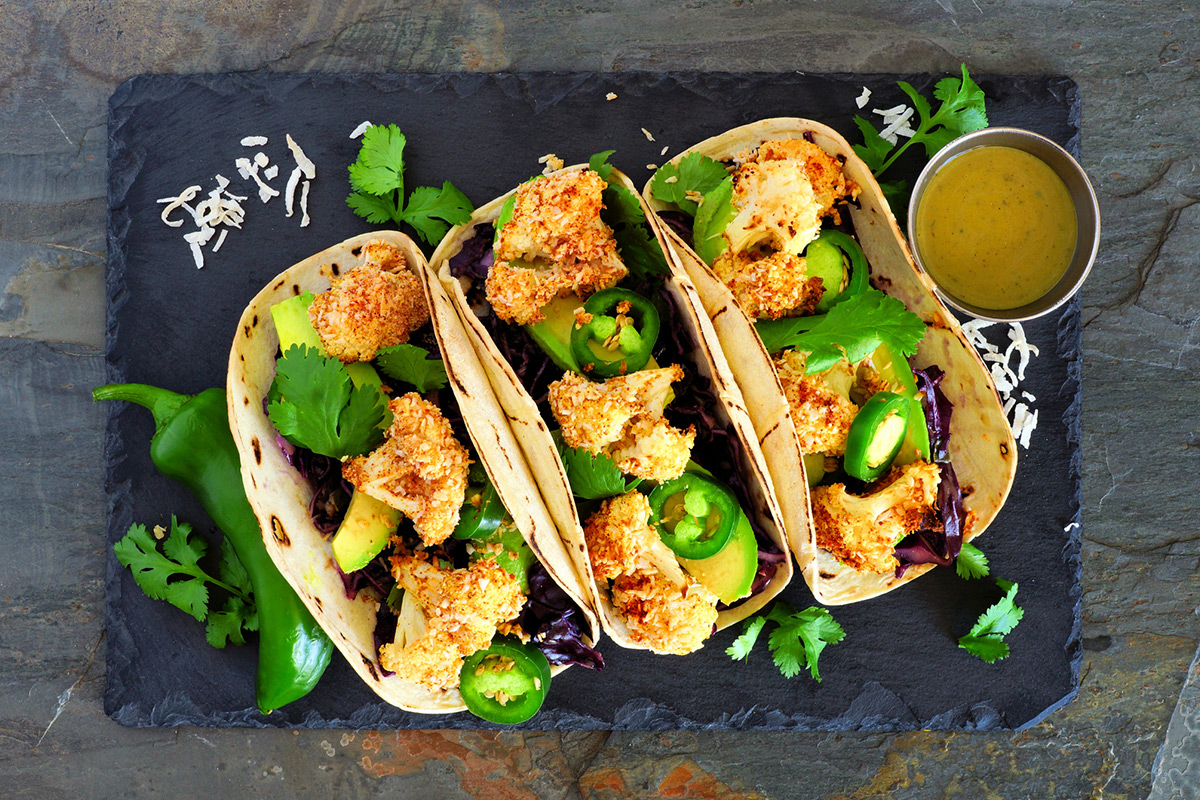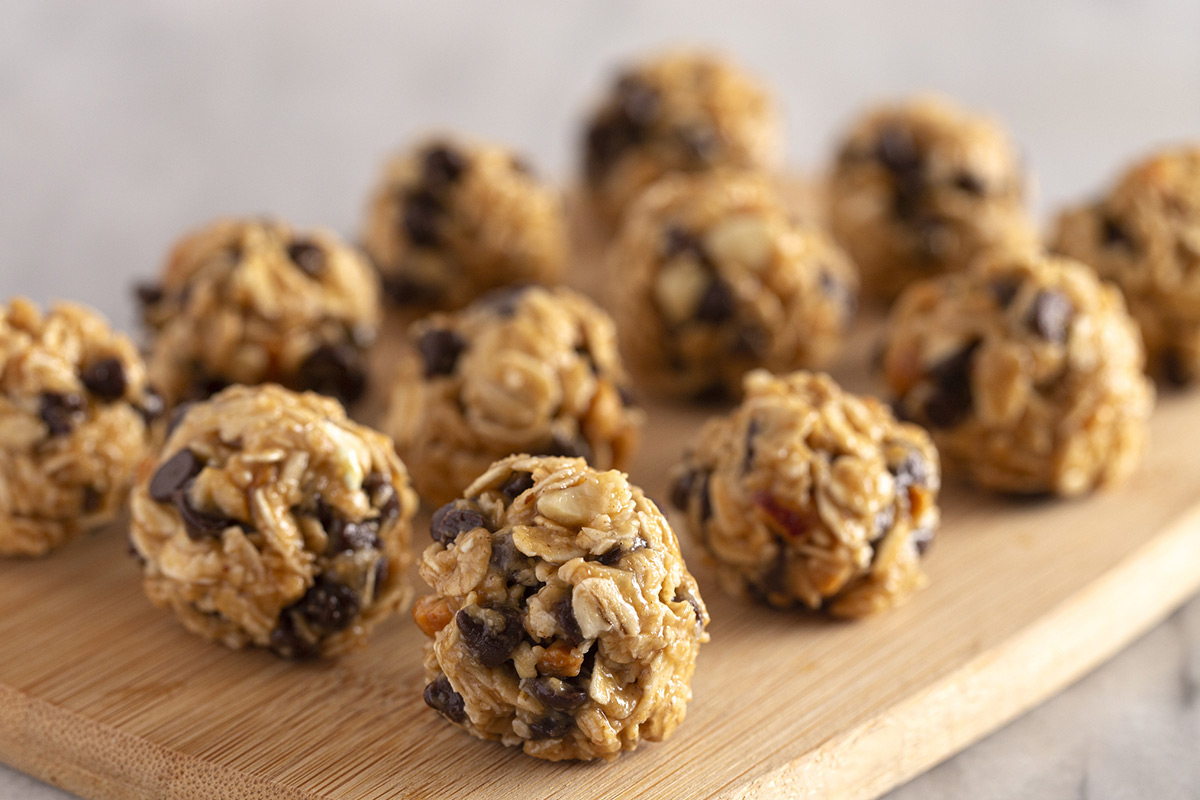
-William Fite, Baptist Cancer Center dietetic intern...
When it comes to nourishing your body in a way that may prevent cancer, there is a lot of information that may be oversimplified and restrictive. It is so important that you consider dietary advice in the context of your personal health, as health is incredibly individualized, and regular communication with your healthcare providers can help you make wise diet decisions. This post will help to clarify basic principles that will help you to feed and strengthen your body to decrease your risk of cancer.
A healthy mindset is foundational for consistently eating a nourishing diet that may reduce your risk for cancer. Before looking into any recommendations for your diet pattern, make sure you have your motivation clear in your mind. Whether it is being able to meet your grandchildren or maintaining your health to go on a bucket-list trip, what matters is that it motivates you. Keep in mind that these recommendations are not meant to be a diet, in the traditional sense, but rather suggestions to maximize the health benefits from your food.
Recent dietary guidelines for cancer prevention published by the American Cancer Society (ACS) emphasize overall dietary patterns rather than specific nutrients associated with reduced cancer risk. A great way to consider your dietary pattern is by considering what your typical meals look like.
You may be familiar with MyPlate, the USDA’s replacement for the Food Pyramid, which depicts a recommended setup for your typical plate. The American Institute for Cancer Research (AICR) has created “The New American Plate,” which is like MyPlate but tailored specifically to cancer prevention.
Both the ACS and AICR recommend a nutrient dense, mostly plant-based diet including a variety of vegetables, whole grains, nuts and seeds, legumes, and heart-healthy animal proteins such as fish and poultry. Foods you should consider reducing include red and processed meats, alcohol, added sugars like you’ll find in sugar-sweetened beverages, and highly processed foods. Ultimately, diet for cancer prevention is mostly plant-based.
On the New American Plate, two-thirds of the plate is a variety of plant foods and one-third is an animal protein. This dietary pattern emphasizes getting the most "bang for your buck,” meaning a high amount of nutrients like vitamins, minerals and fiber that are associated with reduced risk for cancer. You can certainly still enjoy foods like fast food, sodas, your favorite candies or desserts. Just make them exceptions and eat them when you genuinely enjoy them.
Now you know what a cancer-fighting diet is made up of, but what does it look like in your daily life? This depends, of course, on your own preferences and food access. Here are two sample recipes for healthy dishes you may want to try, along with links to resources with many more options:

Zachari Breeding, MS, RDN, CSO, LDN, FAND
Ingredients:
Directions
Source: https://www.aicr.org/cancer-prevention/recipes/crispy-cauliflower-tacos/

Sonja Goedkoop, MSPH, RD
Serves 24 (1 cookie per serving)
Dry ingredients
Wet ingredients
Directions
Source: https://www.aicr.org/cancer-prevention/recipes/oatmeal-chocolate-chip-bites/
Sources for more recipes for cancer prevention:
There are a few more things to keep in mind as you put these cancer-fighting recommendations into action. Everyone’s diet is going to look different for many factors, so do what you can with what you have whether you are shopping at a local grocery store, convenience store, farmer’s market or wherever else you may get your food. If you struggle with food access, check with local and governmental food assistance programs, and speak with your health care team or a registered dietitian if you have access to one. Additionally, if you have any other health conditions, consider speaking with your care team or RD to best meet your nutrition goals.
Food is fuel AND fun! As you add more of the nutritious foods discussed in this post to your diet, take time to reflect on your goals and find ways to enjoy the process. For example, you could jazz up your favorite recipes, try out recipe swaps with friends and family, cook with others or build your own personal recipe book.
Baptist Cancer Center offers nutrition classes and education through the THRIVE Survivorship Program. You can sign up for these free courses and resources here. Also check out our Better Bites education and recipes on our Facebook and Instagram sites.
Sources:
About the Author: William Fite is a dietetic intern. He is very grateful for the opportunity to participate in the patient-centered care that Baptist Cancer Center's dietitians provide and is excited to use this experience in his future practice. He is primarily interested in nutrition care for mental health and suicide prevention.